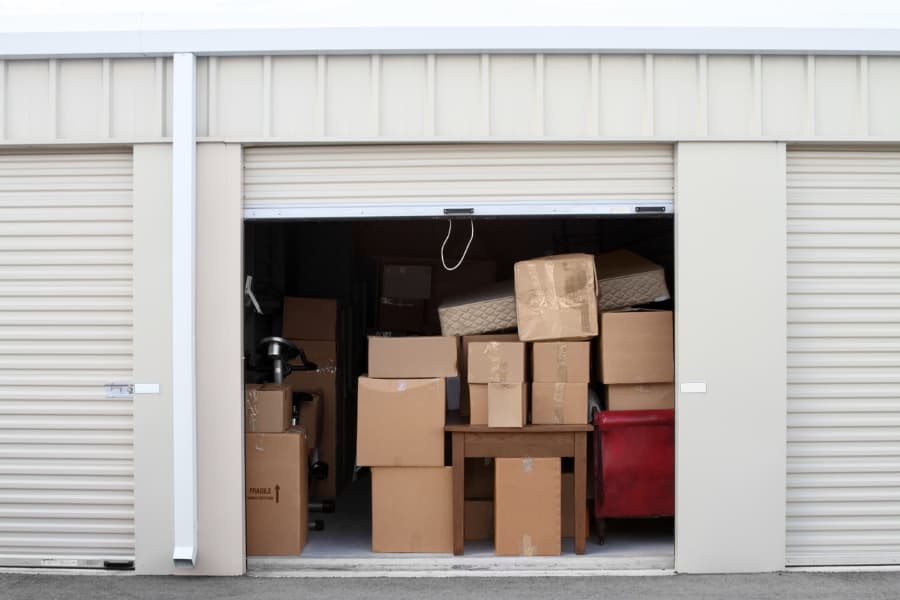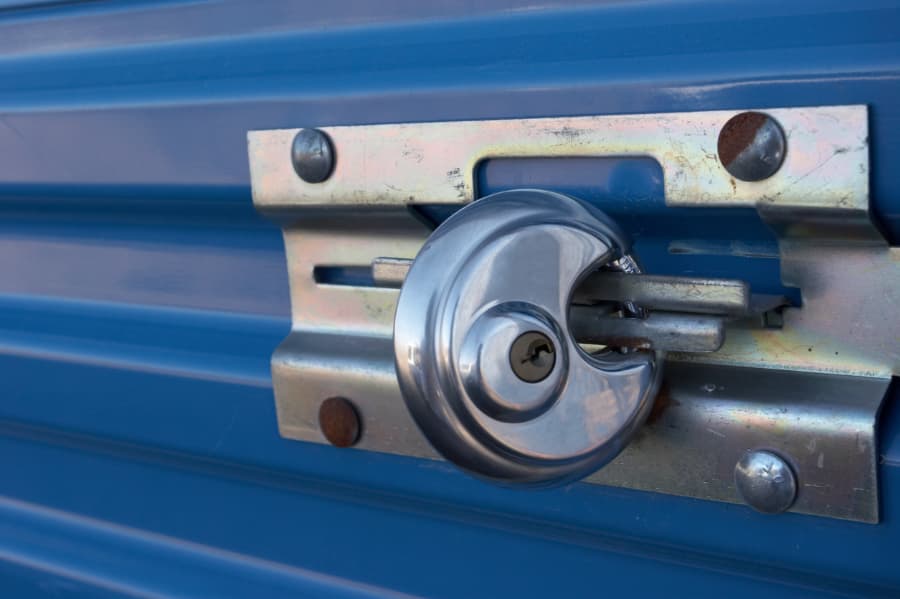
- 10/03/2022
- blog
- 0 Comments
Subleasing Your Rented Space & Making The Most Out Of Your Storage
Subleasing is common amongst apartment and home renters. However, renters can also sublease their storage units and may need to for a variety of reasons. For starters, they may be going away for an extended period and no longer need to rent a unit to store their items. Or maybe they are looking to get a bigger storage unit before their contract is up. Whichever the reason, Clinton Rt. 46 Self Storage can help you create your self-storage lease agreement.
What Is Subleasing?
Subleasing is the process of turning over a contract from one renter to another. It involves crafting an agreement with the landlord, current renter, and new renter to shift the ownership of the storage space. There are many reasons why an individual may need to sublease their storage space, and doing so can make the renting process significantly easier.
When a renter subleases their unit, they are still in charge of making monthly payments for the remainder of their lease. However, subleasing allows a new tenant to make the payments to you, which you can transfer back to your unit owner. In some cases, the rental unit owner may accept payments from the new renter directly, leaving you out of the equation.
When looking for someone to take over your rented space, you must find reliable and trustworthy individuals. This is because your new renter will be responsible for adhering to all lease agreements and policies. You don’t want to choose someone who breaks the rules, causes disruptions, or misses payments. That’s why you or the unit owner should complete a background check on potential renters. This can help avoid issues in the future.
Crafting Your Self-Storage Lease Agreement
Before finding a new renter to sublease your storage unit, you should notify the unit owner. This is because some storage units may not allow you to sublet your space. If the owner approves, you can work together to create a sublease agreement that outlines all necessary information, including:
- Responsibilities of the new renter
- Security deposit
- Dates of their lease
- Rules and regulations of the storage unit
Additionally, you should include your original lease with the new sublease agreement. This allows new renters to access all information about the storage unit, ensuring they understand all rental rules and terms. When it comes time to start your search for a new renter, you should have an attorney or realtor check over your sublease agreement. This can help confirm that your sublease has all the necessary details to make the process as smooth as possible.
The Benefits Of Subleasing Your Storage Unit
If you are no longer in need of storage space for whatever reason, subleasing can provide many benefits. For example, it can give you the freedom to decide whether you want to keep or give up your storage unit once your lease is up. If the lease expires and you choose not to keep the space, the new renter can begin leasing through the unit owner. On the other hand, you also have the option to re-sign your storage lease. Additionally, some lease agreements specify a certain amount of time you must occupy the storage space. Subleasing is an easy way to adhere to the lease without spending unnecessary funds.
However, while there are many benefits, there are other things renters should consider before subleasing their storage space. Depending on the lease, you may be responsible for taking care of fees or additional charges. This is because many people typically offer subleases at a flat rate. Unless you calculate the extra fees into the sublease agreement, the new renter may not have to pay for them. You may also be responsible for damages that arise in your storage unit while subleasing. Unless otherwise specified in the sublease agreement, you may have to contact the unit owner to fix those damages.
Subleasing Your Storage Unit At Clifton Rt. 46 Self Storage
Serving customers across Clifton, New Jersey, and surrounding areas, Clifton Rt. 46 Self Storage has a large facility with plenty of storage units, including accessible drive-up options. With a dedication to providing steady rates and friendly customer service, our family-owned business is here to help you save and store. Check out our Quikstor app that makes renting from us easy and stress-free. To learn more about our self-storage lease agreement options, contact us today.

- 05/03/2022
- blog
- 0 Comments
Choosing A Lock For Your Storage Space
People rent a unit for a variety of different reasons, but one thing remains the same across the board — everyone wants their items to be safe and sound at a self-storage facility. Whether you are storing your belongings for just a few weeks or a few months, you can be certain that your valuables remain secure by using the correct self-storage locks. Here, Clifton Rt. 46 Self Storage walks you through how to select the best lock for your self-storage unit.
Consider The Value Of Your Items
Our large facility offers drive-up units and provides a virtual site tour to help you get to know our property. We want to be sure that your items are as safe as possible, which is why we recommend using a strong padlock. But before choosing the best padlock for your self-storage unit, consider the value of the items in storage. Determining your belongings’ monetary value — or personal value — can help guide you towards choosing a lock with the ideal level of security.Padlocks come in many different styles and security ranges. You can think of the self-storage lock as your personal security guard. If you have high-value items in your unit, you will want a high-quality lock (a strong security guard). When choosing the ideal model, look at its major components: the body, shackle, and locking mechanism.Examine The Padlock's Body
The body of the padlock comes in a few different shapes, such as round, rectangular, or square. The body’s purpose is to secure and protect the interior locking mechanism from tampering. When looking for a solid and unbreakable lock, first evaluate the material of the body. The most commonly used materials include:- Laminated steel: This material is formed with several thin, steel plates that are riveted together to form the body. Since the rivet heads are sometimes exposed, this material is often good for general security purposes.
- Solid brass: This is a strong metal, but it can be more susceptible to scratches. Overall, it is a good choice for basic, low-cost security.
- Pressed steel: Welded around the entire circumference with heavy-duty stainless-steel shells, this material typically provides a decent level of security. It can be a good choice when locking up general items that aren’t extremely valuable.
- Armor-encased brass: This material is high quality and encased with hardened steel, making attacks extremely difficult. This is the ideal choice for high-security locking.
- Solid-steel alloy: The highest security material is the solid-steel alloy. This is one of the toughest materials available and makes drilling or cutting very difficult. This is an ideal choice for locking up valuables, such as electronics, jewelry, and collectibles.

